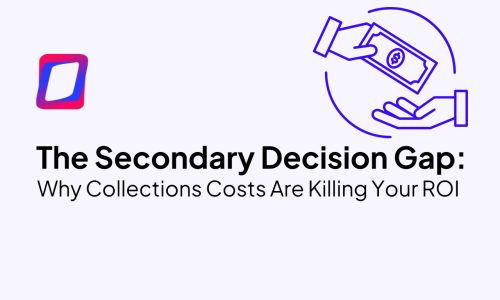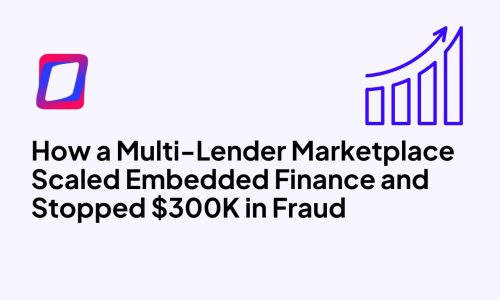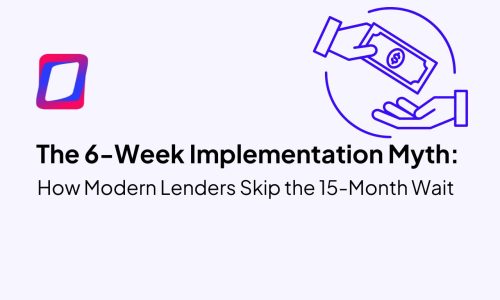New Market Growth Discusses Affiliate Marketplaces, Lender Strategies, and Emerging Opportunities
In this episode of The Lending Link, host Rich Alterman sits down with Carlos Caro, the founder of New Market Growth, to dive deep into the world of affiliate marketplaces and their crucial role in the lending industry.
Carlos kicks off the conversation by introducing himself and sharing his intriguing journey from a poker enthusiast to a seasoned professional at renowned companies like Credit Karma and Capital One. He then provides a comprehensive overview of affiliate marketplaces, detailing how they connect consumers with the right lending products while enabling lenders to acquire customers efficiently.
The discussion covers the significant players in the affiliate marketplace, including giants like NerdWallet and Credit Karma, as well as emerging entrants targeting niche segments such as subprime borrowers. Carlos also elaborates on various affiliate integration strategies, ranging from click-out models to fully hosted applications and their respective impacts on conversion rates.
The challenges of backend verification for large loans when affiliates manage applications are dissected, shedding light on the complexities lenders face in this area. Carlos explains New Market Growth’s meticulous evaluation process for potential lender clients, emphasizing key factors like product offerings, underwriting models, and growth aspirations.
Listeners will gain valuable insights into optimizing lender models for seamless integration into affiliate marketplaces and the common concerns lenders have regarding sharing their credit policy intellectual property. Carlos discusses how affiliates and fintechs address these concerns, ensuring a secure and efficient marketplace ecosystem.
The episode also explores the untapped opportunities for regional banks and credit unions through affiliate marketing. Carlos offers his perspective on the rise of lesser-known credit card issuers leveraging affiliate distribution.
Join us for an enlightening conversation that uncovers the intricacies of affiliate marketplaces and their transformative potential in the lending landscape.
Watch The Episode on YouTube
About New Market Growth
New Market Growth (NMG) helps lenders build and optimize marketing programs on Credit Karma, Experian, Lending Tree, and other credit marketplaces. Founded by two former Credit Karma executives who helped build Lightbox, NMG offers a specialty in credit marketplaces you won’t find anywhere else.
About GDS Link
GDS Link is a global leader in credit risk management, providing tailored software solutions, analytical and consulting services. Our customer-centric risk management and process automation platforms are designed for the modern lender in their pursuit to capitalize on the entire credit lifecycle.
By providing a personal, consultative approach and leveraging our own industry-leading knowledge and expertise, GDS Link’s solutions and services deliver exceptional value and proven results to thousands of clients around the world.
About The Lending Link Podcast
The Lending Link Powered by GDS Link is a podcast hosted by Rich Alterman and designed for the modern-day lender. Each episode deeply delves into innovation within the financial services industry and transformation efforts, including AI / ML integration, Modeling, Risk Management Tactics, and redefining Customer Experiences.
GDS Link launched The Lending Link to explore unique strategies for the modern-day lender, dive into the innovative advancements GDS Link and our partners are currently developing and delivering, and gain insights from captivating guests within the FinTech, banking, and credit union worlds.
We have a wide range of guests from various lending institutions and diverse organizations who talk about strategies, technology, and everything in between.
Recent articles

The Secondary Decision Gap: Why Collections Costs Are Killing Your ROI
Read article
How a Multi-Lender Marketplace Scaled Embedded Finance and Stopped $300K in Fraud
Read article





